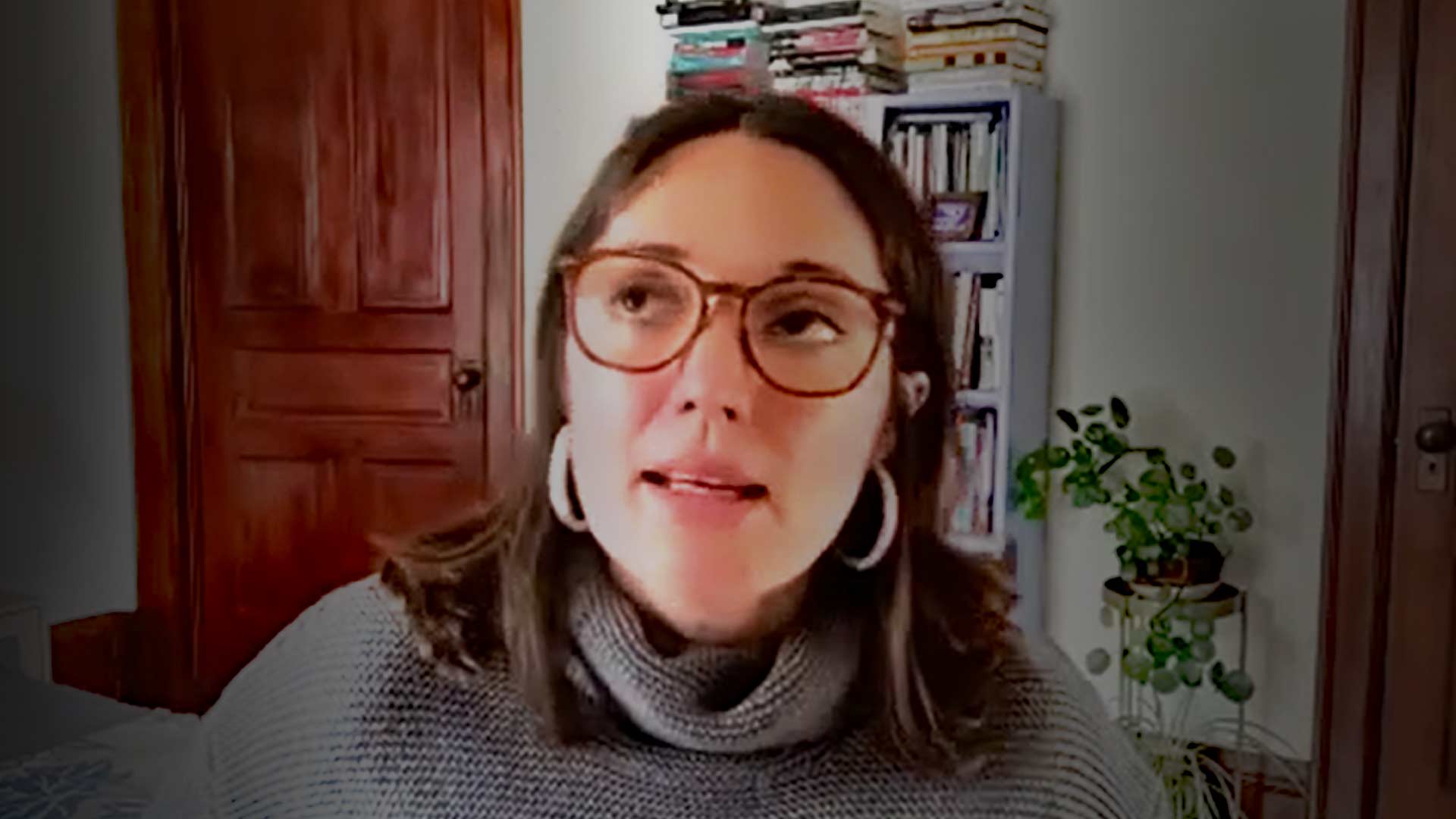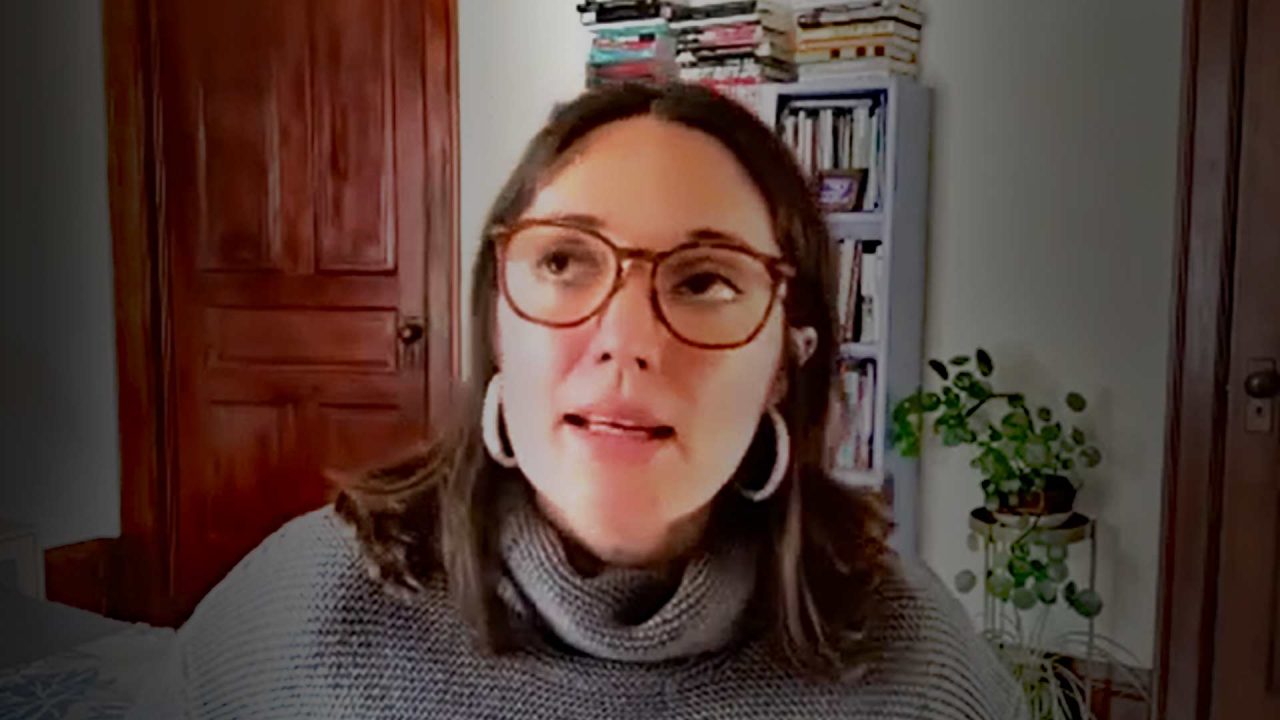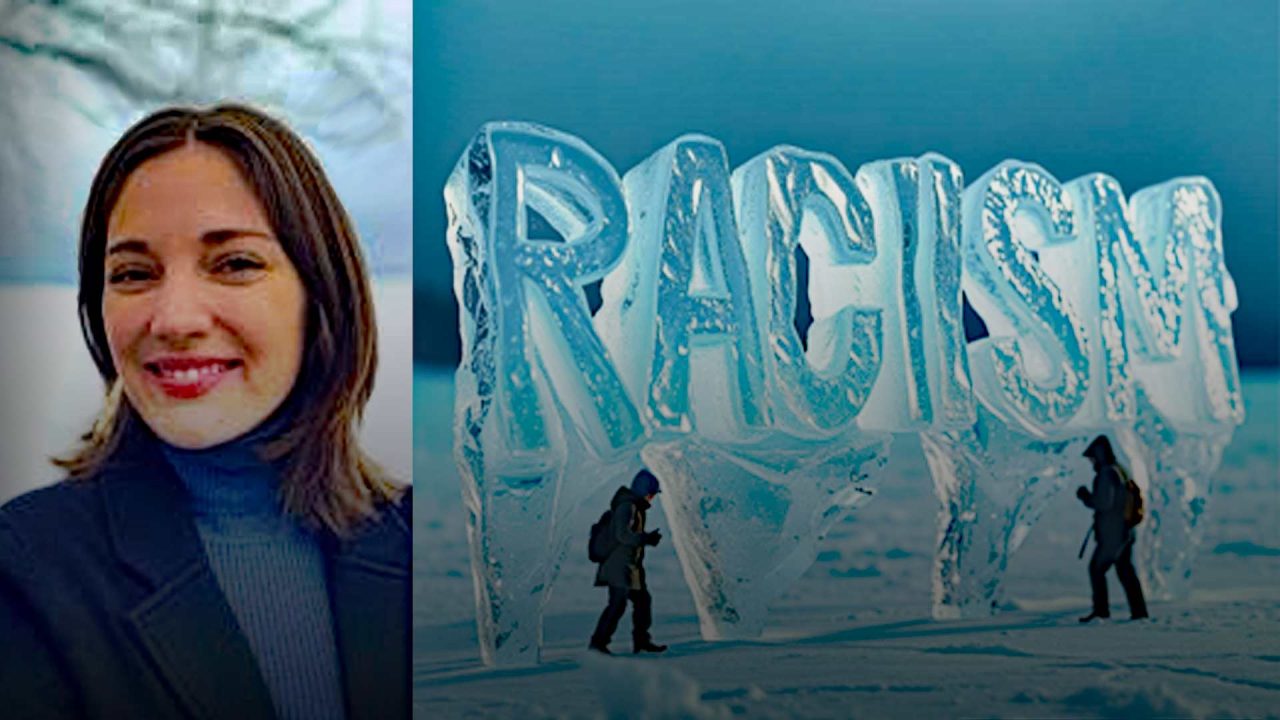
Ethnic minorities, religious refugees, and other groups segregated by a dominant society have developed and implemented strategies and tactics intended to protect their national identity, religious practices, ancient traditions, and community cohesiveness. In most cases, the tactics and strategies of these unique groups, created to secure cultural continuity and “living memory” among their members, have historic roots and have resulted from cognitive rational choices.
This process of assimilation in which an individual has changed so much as to become dissociated from the value system of his/her group, or in which the entire group disappears as an autonomously functioning social system is evident in today’s many ethnic minority, religious refugee, and immigrant groups in the United States, including Alaska, and, presumably, in other free democratic societies around the world.
In his article of August 29 Juneau campus gives esteemed speaker invite to woman who sees racism in study of Arctic ice Joel Davidson of Alaska Watchman reported:
“Dr. Jen Rose Smith is a young academic who has dedicated her early career to studying Arctic ice through the critical race theory lens of colonialism, white privilege and racism. On Aug. 30, the publicly-funded University of Alaska Southeast (UAS) will host Smith for its prestigious Egan Fall Lecture Series, where Smith will pontificate on her forthcoming book, ‘Ice Geographies: The Colonial Politics of Race and Indigeneity.’
Like many emerging critical race theorists on the cultural left, Smith holds to the belief that racism, colonialism and white privilege lurk hidden in myriad corners of Western civilization, both past and present—even in our understanding of ice and kelp.”
On August 30, I attended Smith’s presentation at the UAS Egan Library in Juneau. Indeed, not only are her ideas simply convoluted, but they are also false and poorly researched.
At the end of her presentation, I commented that about 15 years ago, the last fluent speaker (an elderly woman) of the Eyak language passed away. It was well documented by the Anchorage Daily News, Juneau Empire, several anthropologists in Alaska, etc. Nevertheless, Dr. Smith was visibly offended by my comments, stating that, “It depends how you define a ‘speaker’ of languages.”
I responded that, “Speakers of languages communicate in full sentences and fluently convey messages to each other as we do now; not just limit their communication by saying ‘hello’ and ‘goodbye’ or few other common words or expressions.”
I also argued that disappearance, revival and/or evolution of languages has only partially to do with colonization politics and influences of Western Civilization; and many other factors and causes involved in cultural changes, including evolution, extinction and revival of languages.
For example, while in Alaska in the mid-19th century, Russian Orthodox Bishop Ivan Veniaminov learned the Aleut language, for which he invented an alphabet and charted a grammar. However, Presbyterian missionaries in Alaska in the 19th and early 20th centuries were known for suppressing Native languages in Alaska, forcing Natives to speak only English.
No doubt, if languages of ethnic minorities are not institutionalized (the process of becoming a permanent or respected part of a society, system, and organization) or contribute very little to socio-economic development of the dominant culture, then those languages will eventually decline or become a symbolic representation of a given ethnic minority. It happened to many native languages in Siberia, Alaska, Africa, etc.
Yes, languages of ethnic minorities decline, change and become extinct every year worldwide. Typically, languages have become extinct because of the process of cultural assimilation leading to language shift, and the gradual abandonment of a native language in favor of a foreign lingua franca (i.e., a language that is adopted as a common language between speakers whose native languages are different), predominantly those of European nations.
ALASKA WATCHMAN DIRECT TO YOUR INBOX
Israel’s revival of their authentic Hebrew language (a Semitic language – a subgroup of the Afro-Asiatic languages spoken across the Middle East) from 1948 (i.e., when Israel was re-established by the United Nations) resulted in a gradual disappearance of the Yiddish language (West Germanic language) historically spoken by Ashkenazi Jews of Eastern Europe. In fact, Yiddish is a German dialect which integrates many languages, including German, Hebrew, Aramaic, and various Slavic and Romance languages. Today, Yiddish, a language of my parents and grandparents, is at the stage of extinction and its unfortunate destiny has nothing to do with colonial politics.
In her presentation, Smith argued that there are many speakers of the Eyak language left in Alaska. Alaska Native Language Archive, however, describes it otherwise:
“Eyak is not an Athabaskan language, but a coordinate sub-branch to Athabaskan in the Athabaskan-Eyak branch of the Athabaskan-Eyak-Tlingit language family. Eyak was spoken in the 19th century from Yakutat along the south-central Alaska coast to Eyak at the Copper River delta, but by the 20th century only at Eyak. It is now represented by about 50 people but no surviving fluent speakers. With the passing of Marie Smith Jones on January 21, 2008, Eyak became the first Alaska Native language to become extinct in recent history.”
Frankly, I was under impression, that most people in the audience could not understand Smith’s awkward concepts of ice, open space and colonial politics. However, new UAS Chancellor Dr. Aparna Dileep-Nageswaran Palmer was delighted by Smith’s convoluted presentation.
In short, It also is typical of what’s going on across the United States today – “intellectuals” who do not know the difference between their own bottoms and a hot rock and proudly demonstrate it.
The views expressed here are those of the author.








6 Comments
You and she differ academically. So what? You were writing persuasively until the last sentence. Why be a jerk?
Let me re-phrase my last sentence for you, “…which is typical of the FAR-LEFT “intellectuals” who don’t know the difference between their own bottoms and a hot rock, and proudly demonstrate it.”
So why be a jerk?
Blatantly stating obvious truths is not being a jerk
As my good friend noted in our private correspondence: “Not surprising at all the UAS and its new chancellor (most likely another product of affirmative action or political correctness) invited such a speaker for a “prestigious” lecture and were enthralled by her nonsense. Of course, that fits with the whole UAS joke of a “university.”
Sounds like our young academic is airing her personal self-loathing, as she is privileged, white and looking for blame regarding language extinction. Languages change over time. Has nothing to do with ice!